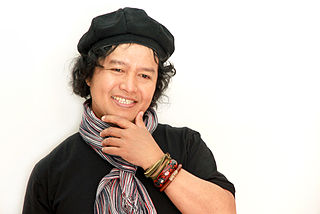A Quote by Julia Glass
I do gravitate toward 19th century writers, and I never mind being compared with some of the most memorable writers from that era. I mean, George Eliot is my absolute heroine.
Related Quotes
Writers in the nineteenth century - people like George Eliot and Flaubert - were accustomed to addressing particular communities with which they shared not only linguistic meanings but also an experience and history. Those communities have progressively split in the twentieth century, and grown more heterogeneous, and writers emerging from minority communities have found themselves addressing audiences closer to their experience and history - a phenomenon derided by conservative white men as identity politics and multiculturalism in the arts.
The writers I care about most and never grow tired of are: Shakespeare, Swift, Fielding, Dickens, Charles Reade, Flaubert and, among modern writers, James Joyce, T. S. Eliot and D. H. Lawrence. But I believe the modern writer who has influenced me most is Somerset Maugham, whom I admire immensely for his power of telling a story straightforwardly and without frills.
The Anglo-American tradition is much more linear than the European tradition. If you think about writers like Borges, Calvino, Perec or Marquez, they're not bound in the same sort of way. They don't come out of the classic 19th-century novel, which is where all the problems start. 19th-century novels are fabulous and we should all read them, but we shouldn't write them.






































